- Home »
- Catalog »
- Shop By Auto Part Category »
- Injectors, Lift Pumps & Fuel Systems
Dales Super Store - Injectors, Lift Pumps & Fuel Systems

The fuel system in diesel engines, including the fuel pump, filter, and lines, is responsible for supplying clean and pressurized fuel to the injectors. It plays a crucial role in maintaining a consistent fuel flow at the correct pressure, meeting the demands of diesel engines.
Diesel fuel injectors and a well-functioning fuel system are of utmost importance in diesel engines due to their unique characteristics. Efficient fuel atomization provided by the injectors promotes complete combustion of diesel fuel, maximizing power generation while minimizing fuel wastage.
A properly maintained and efficient fuel system prevents fuel contamination, which can lead to clogged injectors and diminished engine performance. It safeguards the longevity of the engine by preventing fuel supply issues or the presence of impurities that can cause damage.
Select a Sub-Category
More About Injectors, Lift Pumps & Fuel Systems
The key components of a typical fuel system include:
- Fuel Tank: The fuel tank stores the fuel, usually gasoline or diesel, until it is needed by the engine. It is equipped with a fuel pump assembly, fuel level sensor, and a fuel filler cap.
- Fuel Pump: The fuel pump is responsible for drawing fuel from the tank and delivering it to the engine. It can be electrically or mechanically driven, depending on the vehicle's design. Electric fuel pumps are more common in modern vehicles.
- Fuel Lines: Fuel lines transport fuel from the fuel pump to the engine. These lines are typically made of high-strength materials that can withstand the pressure and chemicals present in the fuel.
- Fuel Filter: The fuel filter removes impurities and contaminants from the fuel before it reaches the engine. It helps protect the fuel injectors or carburetor from potential damage and ensures the cleanest fuel is delivered to the engine.
- Fuel Injectors/Carburetor: Fuel injectors deliver precise amounts of fuel directly into the engine's combustion chamber, while carburetors mix fuel with air before it enters the engine. Both systems regulate the fuel-air mixture to achieve efficient combustion.
- Fuel Pressure Regulator: The fuel pressure regulator maintains a consistent fuel pressure in the fuel lines, ensuring proper fuel delivery to the engine under various operating conditions.
- Engine Control Unit (ECU): The ECU, also known as the engine control module (ECM), monitors and controls various aspects of the fuel system. It receives input from sensors and adjusts fuel delivery based on factors such as engine load, temperature, and throttle position.
Efficient fuel systems are crucial for optimizing engine performance, fuel economy, and emissions control. Regular maintenance, including fuel filter replacement, fuel system cleaning, and adherence to recommended service intervals, helps ensure the longevity and proper operation of the fuel system.


















